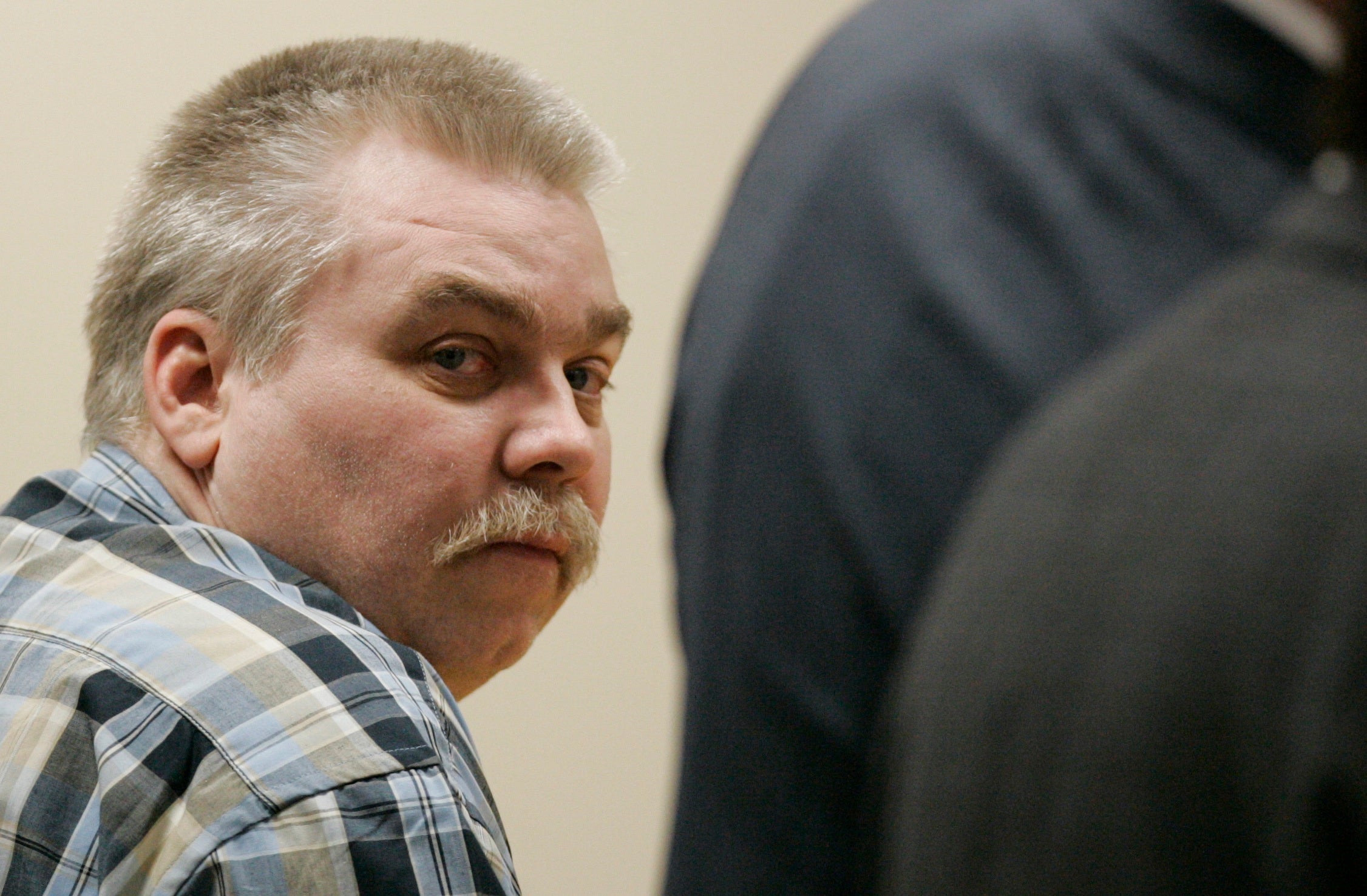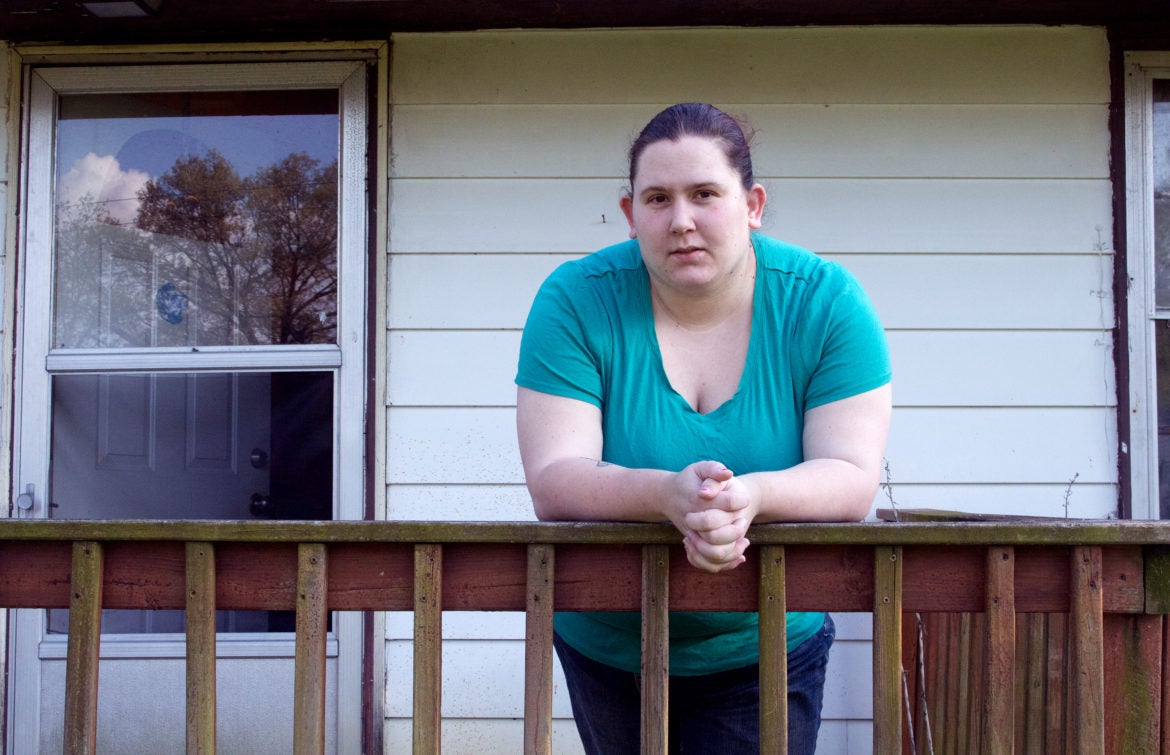Steven Avery is serving life for the 2005 murder of Theresa Halbach. For years, Avery has filed a number of appeals seeking a new trial.
But in a 19-page response to the latest request for a new trial, Attorney General Josh Kaul wrote, “Avery’s motion should be denied without a hearing.”
Halbach was a photographer who went to Avery’s Manitowoc County salvage yard to take a photo of a car for sale. Halbach did not return from the assignment. Avery had recently gotten out of prison after serving an 18-year sentence for an assault DNA ultimately proved he did not commit.
News with a little more humanity
WPR’s “Wisconsin Today” newsletter keeps you connected to the state you love without feeling overwhelmed. No paywall. No agenda. No corporate filter.
Police arrested Avery and his nephew, Brendan Dassey, in connection with Halbach’s murder. In 2006, both were convicted and are serving life sentences in prison.
In February 2019, the Wisconsin Court of Appeals approved Avery’s request for an evidentiary hearing. Chicago Attorney Kathleen Zellner, known for her work freeing wrongly convicted people, represents Avery.
Zellner and Avery argue the state did not properly test bone fragments found in Radant Quarry near Avery’s house. They also say the state wrongly turned over other bone fragments to the Halbach family for internment.
The state Department of Justice document filed Friday addressed the issue of bone fragments.
Shortly after Halbach’s disappearance, investigators found pieces of bone in a barrel on the Dassey property and in a burn pit near Avery’s trailer. DNA testing identified the bones and tissue as belonging to Halbach. They also found “two tubs of cranial fragments.” Some of the bones showed “high velocity bullet impact and lead spray.”
Kaul wrote that those bones and tissue are preserved, along with a thighbone fragment with attached tissue, and were not among those returned to the Halbach family.
The response read that none of the bone fragments recovered from the quarry identified as human or animal. The state transferred the material to the FBI laboratory in Quantico, Virginia. The FBI reported the fragments were too degraded for further analysis.
Wisconsin Public Radio, © Copyright 2026, Board of Regents of the University of Wisconsin System and Wisconsin Educational Communications Board.



